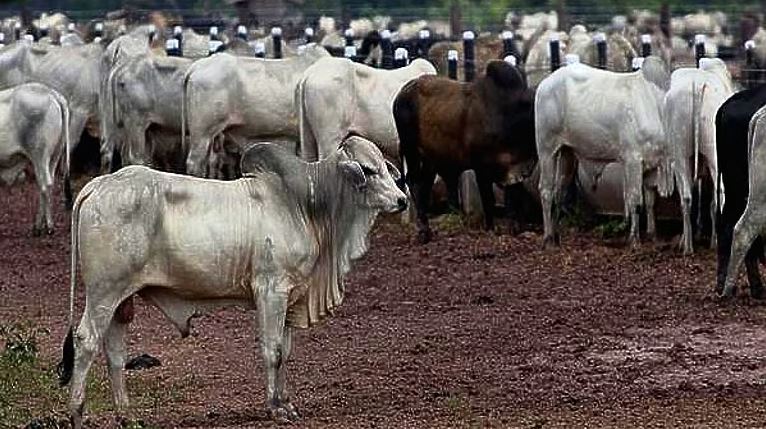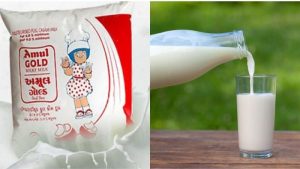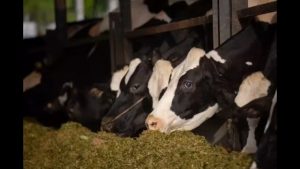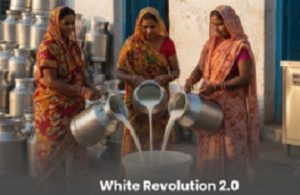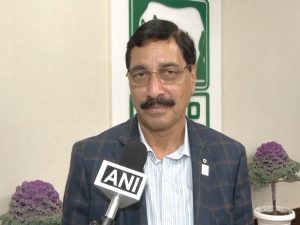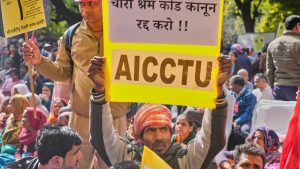
Union Minister Bandi Sanjay Kumar calls for cow protection as a “scientific necessity,” citing its role in ecological balance and sustainable farming.
Union Minister of State for Home Affairs, Bandi Sanjay Kumar, has elevated the concept of cow protection beyond religious belief, terming it a scientific necessity essential for safeguarding nature and ensuring a sustainable future. Speaking at an examination focused on the “Scientific Knowledge in Cow Environmental Protection,” the Minister emphasized that protecting cattle directly contributes to maintaining ecological balance. This narrative positions livestock, and by extension the dairy supply chain, as an intrinsic partner in environmental stewardship rather than solely an economic asset.
The core argument centers on the cow’s complete ecological contribution. Every single byproduct—from milk and ghee to cow dung and urine—is cited as beneficial for environmental protection. Specifically, cow dung is highlighted for its ability to enrich soil, generate biogas, and even reduce air pollution when used as fuel. Furthermore, cow urine is promoted as an effective organic pesticide and a key factor in boosting soil fertility, aligning modern agribusiness discourse with ancient Indian agricultural wisdom.
This policy discussion is underscored by a call to revive traditional practices that the Minister argues have been validated by global scientific research. He lamented the contemporary disconnect from these traditional methods, citing the decline in cow protection practices and the subsequent risk to future generations. The solution proposed is to educate the youth about this scientific wisdom and re-establish the traditional bond between farmers, their land, and livestock, moving away from an increasing dependence on packaged and processed foods.
To support this shift toward sustainable dairy and livestock management, the Central government is actively implementing several key initiatives. The Minister specifically named schemes such as the Rashtriya Gokul Mission, the National Mission for Natural Farming (NMNF), and the National Dairy Development Programme. These schemes are designed to increase the cattle population, improve local breeds, and aggressively promote natural and organic farming methods across the country, making them crucial focus areas for dairy economists and analysts.
Addressing a specific regional challenge, the Minister pointed out a sharp decline in Telangana’s cattle population, noting that the remaining 42 lakh cattle are barely enough to meet the milk needs of Hyderabad. He pledged that the government would work towards tangible solutions, including establishing cow shelters in every village and incorporating lessons on the importance of cows into the school curriculum. This two-pronged approach combines infrastructure development and educational reform to secure the long-term health of the cattle population and the local dairy sector.
Source: Insights based on reporting from UNI India.
You can now read the most important #news on #eDairyNews #Whatsapp channels!!!
🇮🇳 eDairy News ÍNDIA: https://whatsapp.com/channel/0029VaPidCcGpLHImBQk6x1F
